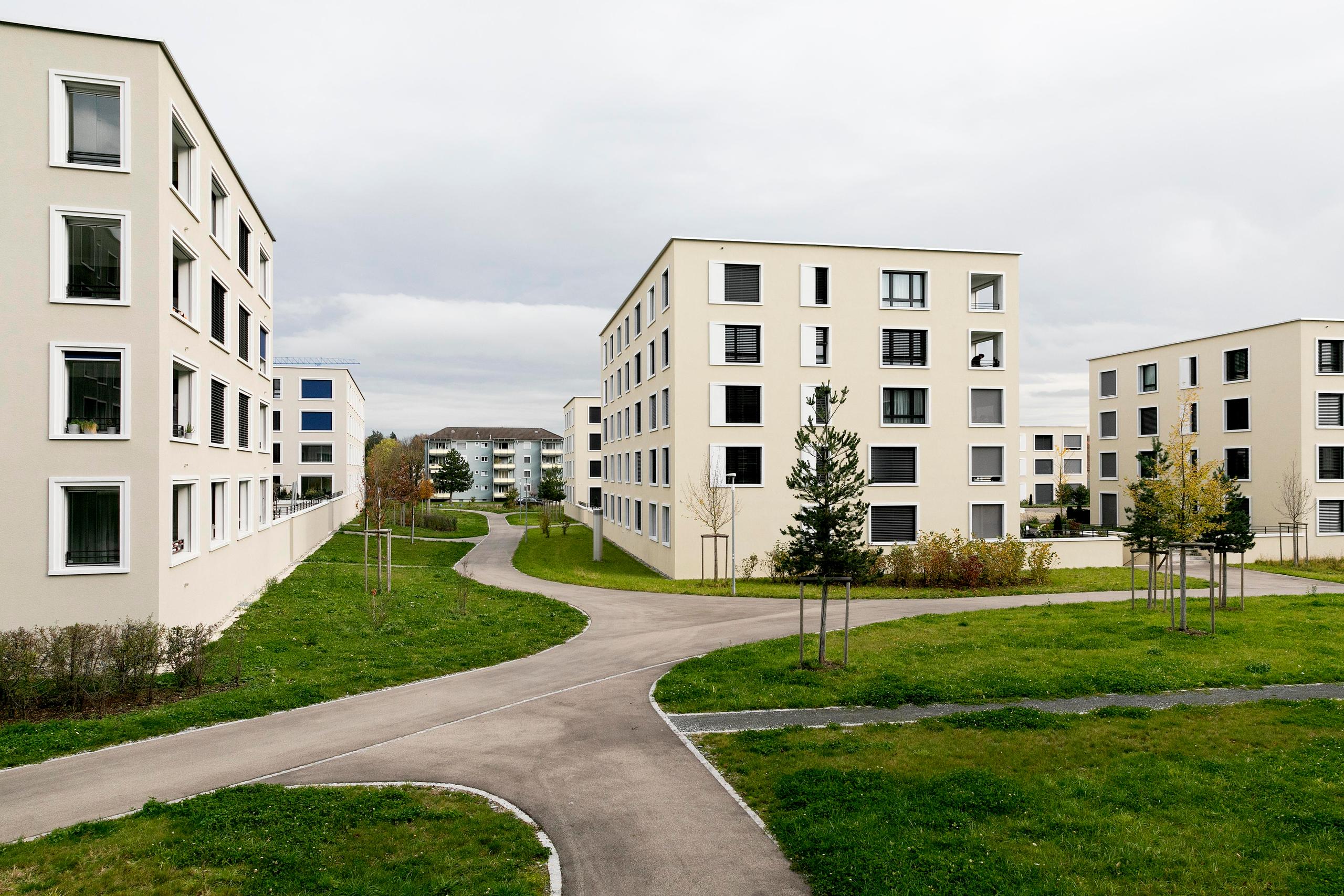Poll finds tighter anti-homophobia rules have broad support

A reform of Swiss anti-racism regulations, including a ban on discrimination based on sexual orientation, is headed for approval at the ballot box in February, according to pollsters.
Opponents from an ultra-conservative group and from the youth chapter of the right-wing Swiss People’s Party appear to have very limited backing among citizens to overturn a decision by parliament.
Meanwhile, a left-wing initiative aimed at promoting low-rent housing is clearly ahead in a nationwide opinion poll, published on Friday.
The survey was conducted nine weeks ahead of the February 9 vote by the GfS Bern research instituteExternal link on behalf of the Swiss Broadcasting Corporation (SBC).
Lukas Golder, co-director of the leading GfS Bern institute, says it will be interesting to see to what extent the result of the October parliamentary elections which saw Green parties make major gains will have an impact on nationwide votes in 2020.
“The elections have motivated and politicised many more women and it will be interesting to see whether they can be the decisive voter group to cause a ballot box upset,” Golder says.
He says a second opinion poll at the end of January will give clearer indications.
Over the past four years all people’s initiatives were thrown out by voters amid average turnout of 45%.
Hate speech
Opponents of tighter rules to prevent discriminations of members of the LGBTIQ community currently lag more than 40 percentage points behind supporters.
“It’s virtually impossible for opponents to turn the current trend,” says GfS Bern political scientist Martina Mousson. “Tolerance is key value and it is deeply rooted in Swiss society.”
Mousson says the support for the legal amendment is widespread both in the three main language regions and among most political parties. There is no sharp gender or generational divide over the issue.
“Even older respondents came out overwhelmingly in favour of stricter norms to combat hate speech and other forms of discrimination based on sexual orientation.
Parliament last year decided to make homophobia a criminal offence, but conservative opponents argue the amendment undermines the right to free speech and members of the gay and lesbian community deserve no special legal protection.
Justice Minister Karin Keller-Sutter has described the reform as a “political signal” against hate speech and discrimination. She dismissed allegations of censorship or of a flood of legal cases.
“More than 25 years after the implementation of the anti-racism rules have shown that the freedom of speech is not in jeopardy in Switzerland,” Keller-Sutter told a news conference earlier this week.
Housing issues
An initiative by the tenants’ association, backed by left-wing parties, call for state efforts to promote affordable housing, notably a 10% share of new apartments for cooperatives. Such a minimum quote would help prevent speculation with real estate and high rents after renovations.
“The idea of the campaigners has been received favourably by many citizens, particularly in cities and urban areas,” says GfS political scientist Golder.
However, he adds that the initiative might not win a majority in the February vote as pressure on the housing market in the whole of Switzerland remains limited.
In a 2012 ballot box upset, voters approved an initiative by environmental groups to cap the number of holiday homes. However, they rejected a proposal by centre-right groups to grant fiscal incentives to raise the traditionally low rate of home ownership in Switzerland. More than 60% of the Swiss residents live in rented accommodation.
Pollsters interviewed 5,477 Swiss citizens from all language regions across the country for the first of two nationwide surveys.
The survey is based on online responses as well as telephone interviews, both with fixed line and mobile phone users, and was carried out from December 3 to 16.
The margin of error is 2.9%.
The poll was commissioned by the Swiss Broadcasting Corporation (SBC), swissinfo.ch’s parent company, and carried out by the GfS Bern research institute.

In compliance with the JTI standards
More: SWI swissinfo.ch certified by the Journalism Trust Initiative














You can find an overview of ongoing debates with our journalists here . Please join us!
If you want to start a conversation about a topic raised in this article or want to report factual errors, email us at english@swissinfo.ch.